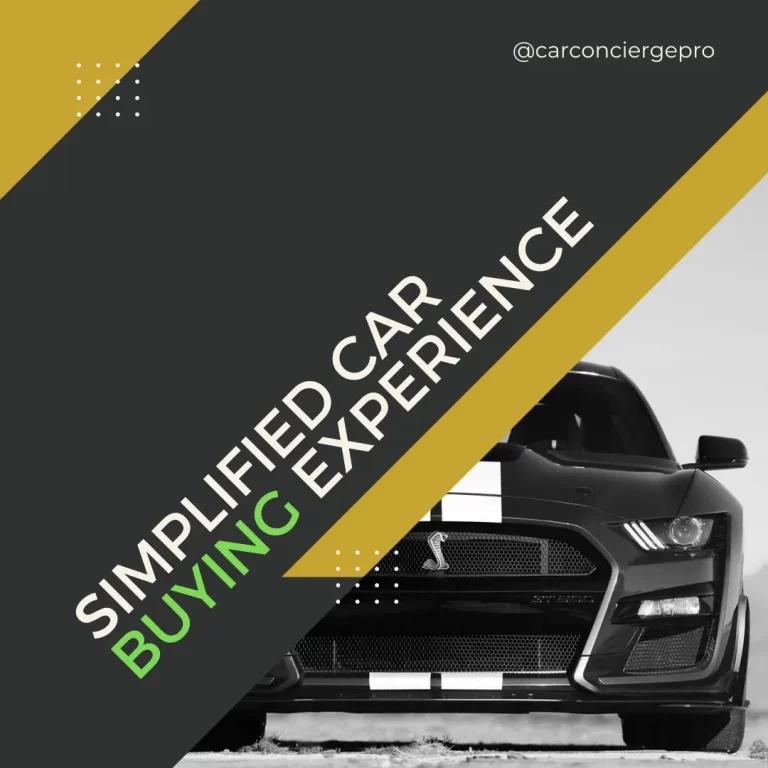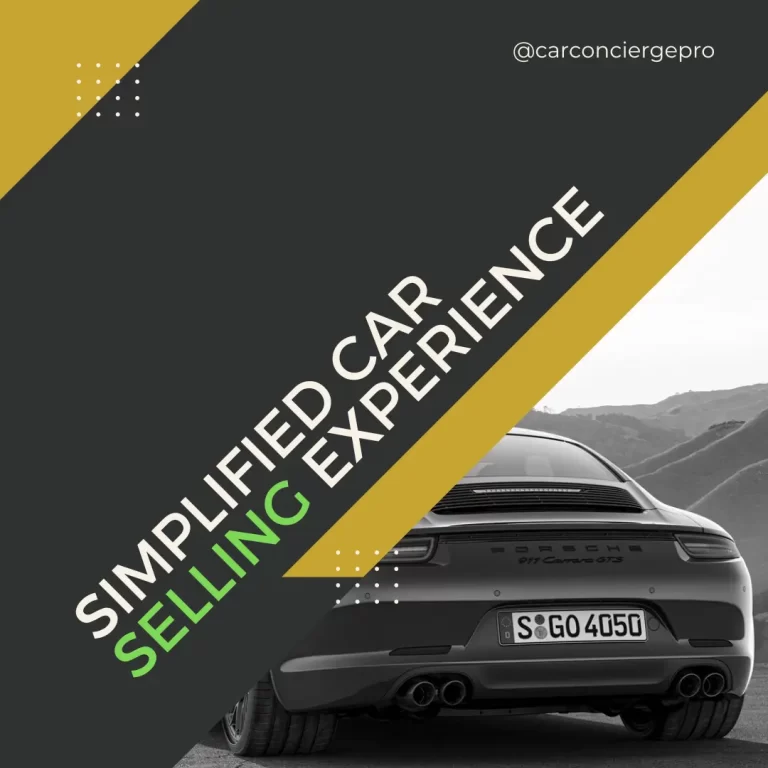Table of Contents
ToggleIntroduction to HCP
The automotive industry is undergoing a significant transformation with the increasing adoption of hybrid and electric vehicles. One of the critical developments in this shift is the Hybrid Car Program (HCP), a structured initiative aimed at integrating hybrid technology into modern vehicles. The HCP is designed to improve fuel efficiency, reduce emissions, and enhance overall vehicle performance. This program plays a crucial role in the industry’s evolution, influencing vehicle design, manufacturing processes, safety features, and customer experience.
What is HCP? Understanding Its Key Components
Definition and Function
HCP, or Hybrid Car Program, refers to an initiative or strategy implemented by automakers and regulatory bodies to promote the development and adoption of hybrid vehicles. Hybrid cars utilize a combination of an internal combustion engine (ICE) and an electric motor to enhance fuel efficiency and reduce environmental impact.
Key Components of HCP
- Hybrid Powertrain Development – Enhancing engine efficiency by integrating electric motors and batteries.
- Battery Technology Advancements – Improving energy storage and charging capabilities.
- Regulatory Compliance – Meeting global emission standards and government incentives.
- Consumer Awareness Programs – Educating buyers on hybrid vehicle benefits and sustainability.
Manufacturing and Infrastructure Expansion – Investing in production facilities and charging networks.
Streamline Your Car Buying Experience Today
Let Car Concierge Pro handle the details while you enjoy a hassle-free, personalized car buying journey from start to finish.
The Importance of HCP in the Automotive Industry
Impact on Vehicle Design and Manufacturing
HCP influences the design of hybrid cars by emphasizing aerodynamics, lightweight materials, and battery placement for optimal performance. Automakers invest in hybrid technology to meet stringent environmental regulations and cater to the growing demand for fuel-efficient vehicles.
Enhancing Safety and Technological Innovation
Hybrid vehicles incorporate advanced driver-assistance systems (ADAS), regenerative braking, and sophisticated energy management systems, making them safer and more efficient. The integration of AI-driven energy optimization further enhances performance.
Improving Customer Experience
Hybrid cars offer a seamless driving experience with features like instant torque, quiet operation, and reduced fuel costs. Many automakers also provide extended warranties and incentives to attract buyers to hybrid technology.
Practical Applications of HCP by Automakers and Dealerships
- Toyota Prius – One of the first mass-produced hybrid vehicles, showcasing Toyota’s commitment to HCP.
- Honda Insight – A pioneer in fuel-efficient hybrid technology with an emphasis on innovation.
- Ford Fusion Hybrid – An example of how traditional automakers integrate hybrid systems into existing models.
Tesla and Plug-in Hybrid Integration – While Tesla is a leader in electric vehicles, plug-in hybrid models from companies like BMW and Chevrolet demonstrate the hybrid transition.
Frequently Asked Questions (FAQs) About HCP
What is HCP and how does it work?
HCP stands for Hybrid Car Program, an initiative designed to enhance hybrid vehicle development and adoption. It works by integrating an internal combustion engine with an electric motor to improve fuel efficiency and reduce emissions.
Why is HCP important for car manufacturers or buyers?
For manufacturers, HCP is crucial in meeting emission regulations, reducing reliance on fossil fuels, and staying competitive in the market. For buyers, it offers cost savings on fuel, government incentives, and an environmentally friendly driving option.
Are there any regulations or standards related to HCP?
Yes, governments worldwide have established emission and fuel efficiency standards, such as the EPA regulations in the U.S. and Euro 6 standards in Europe, encouraging hybrid vehicle production and adoption.
What are common misconceptions about HCP?
Hybrids are the same as electric vehicles – Hybrid cars use both an internal combustion engine and an electric motor, unlike fully electric cars.
Hybrid batteries don’t last long – Modern hybrid batteries are designed to last as long as the vehicle’s lifespan, with warranties covering 8–10 years.
Hybrids are expensive – While the upfront cost may be higher, long-term fuel savings and incentives offset the initial investment.
Conclusion
The Hybrid Car Program (HCP) is a game-changer in the automotive industry, driving the transition toward sustainable and efficient transportation. By fostering technological innovation, ensuring compliance with environmental regulations, and enhancing consumer awareness, HCP is shaping the future of hybrid and electric vehicles. As automakers continue to invest in hybrid technology, staying informed about emerging trends will be key for both industry professionals and consumers. The future of automotive mobility is undoubtedly hybrid and electric, making HCP an essential component in this transformative journey.
Schedule a Demo >



 and Canada
and Canada 




